Have you ever watched your cat stare off into space, their eyes glazed over as if they’re lost in thought? Maybe you’ve wondered, “Is my cat remembering something? Does she think about the past the way I do?” It’s a question that’s as mysterious as it is fascinating. Cats have been human companions for thousands of years, yet their inner worlds remain mostly hidden. Today, we take a deep dive into the feline mind to ask: Do cats think about the past? Get ready for surprises, a few laughs, and, perhaps, a new way to see your purring friend.
The Mysterious Feline Mind

Cats have always been enigmatic creatures. They can seem aloof one moment and clingy the next, leaving us guessing about what goes on in their minds. Scientists have long studied animal cognition, but the inner workings of a cat’s brain are still packed with secrets. What we do know is that cats have complex emotional lives. Their behaviors sometimes hint at memories or habits tied to past experiences. If you’ve ever seen your cat react with fear to a sound that startled them weeks ago, you might suspect they are remembering. But is that really memory as we know it?
How Memory Works in Animals

Before we decide if cats think about the past, it helps to understand how memory works in animals in general. Most animals, including cats, rely on two main types of memory: short-term and long-term. Short-term memory holds onto information for seconds or minutes—like remembering where a toy just landed. Long-term memory, on the other hand, stores important things for days, months, or even years. Animals use these memories to survive, avoid danger, and find food. While their memory may not be as detailed or emotional as a human’s, it’s clear that many animals, cats included, have a remarkable ability to remember key things from their lives.
Short-Term vs. Long-Term Memory in Cats

Cats have impressive short-term memory, especially when it comes to things that matter—like the last place you hid their treats! But what about long-term memory? Studies suggest cats can remember certain places, people, and events for months or even years. For example, a cat may avoid a spot in the house where it once got trapped. This suggests a kind of memory that extends beyond the moment. However, whether these memories are “thought about” in the way humans reminisce is still up for debate. Cats likely rely on these memories when they need them, rather than reflecting on them for fun.
What Science Says About Cat Memory

Research into cat memory is still growing, but some findings are fascinating. Experiments have shown that cats can remember where objects are hidden for short periods, and they can even recall who fed them and when. Some studies suggest cats can remember complex tasks for at least 16 hours, which is pretty impressive. However, unlike dogs, cats are less likely to repeat behaviors just to please humans. Instead, they seem to use memory primarily for their own benefit, such as avoiding danger or finding food. This independent streak can make it harder to test their true memory capacity.
Do Cats Remember Their Owners?
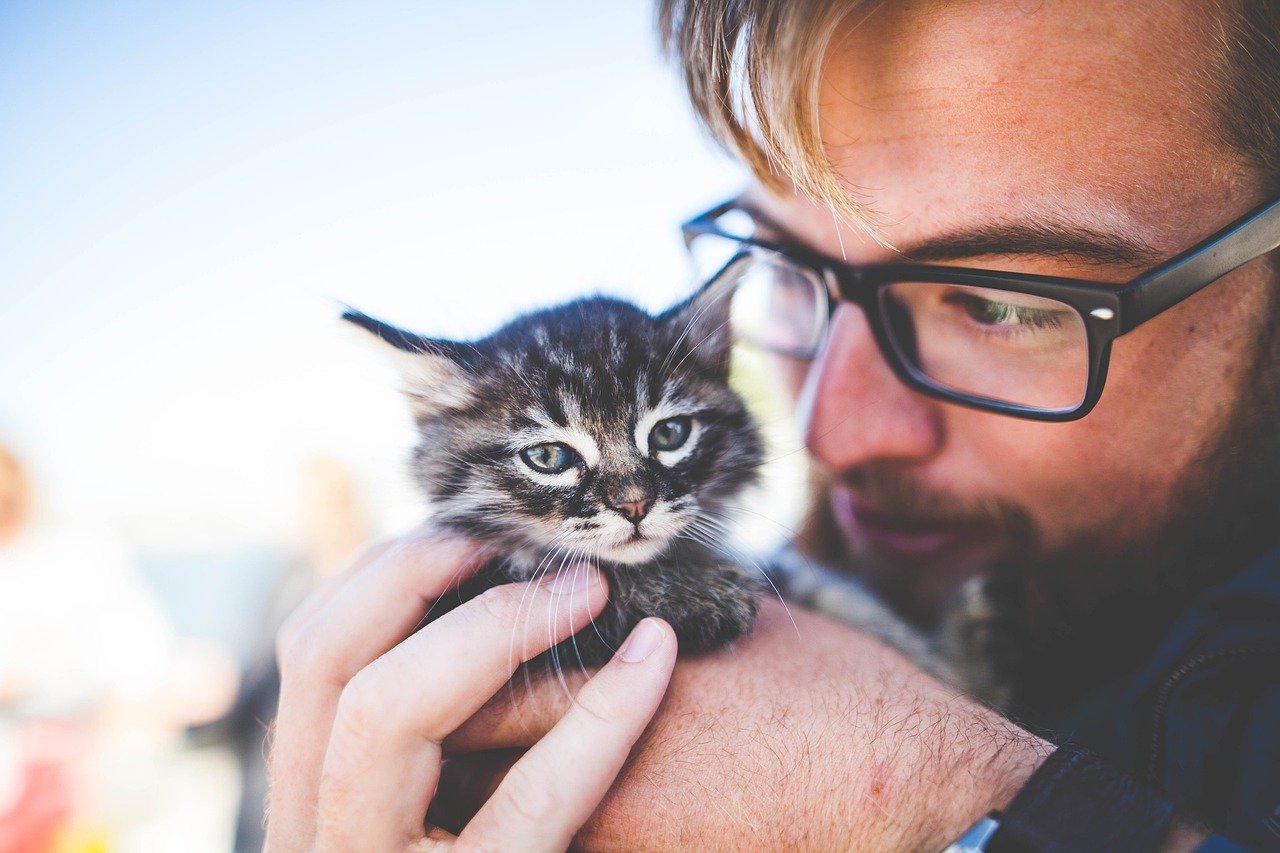
Anyone who’s ever left their cat in someone else’s care has probably worried: Will my cat remember me? The answer is often yes. Cats form strong bonds with their humans and can remember familiar faces, scents, and even voices for a long time. Some cats greet their owners with extra affection after a long absence, while others may act out or hide. This behavior points to a memory of past interactions, both good and bad. While cats might not “miss” us in the same way dogs do, their actions suggest they definitely remember the people who matter most to them.
Trauma and Past Experiences
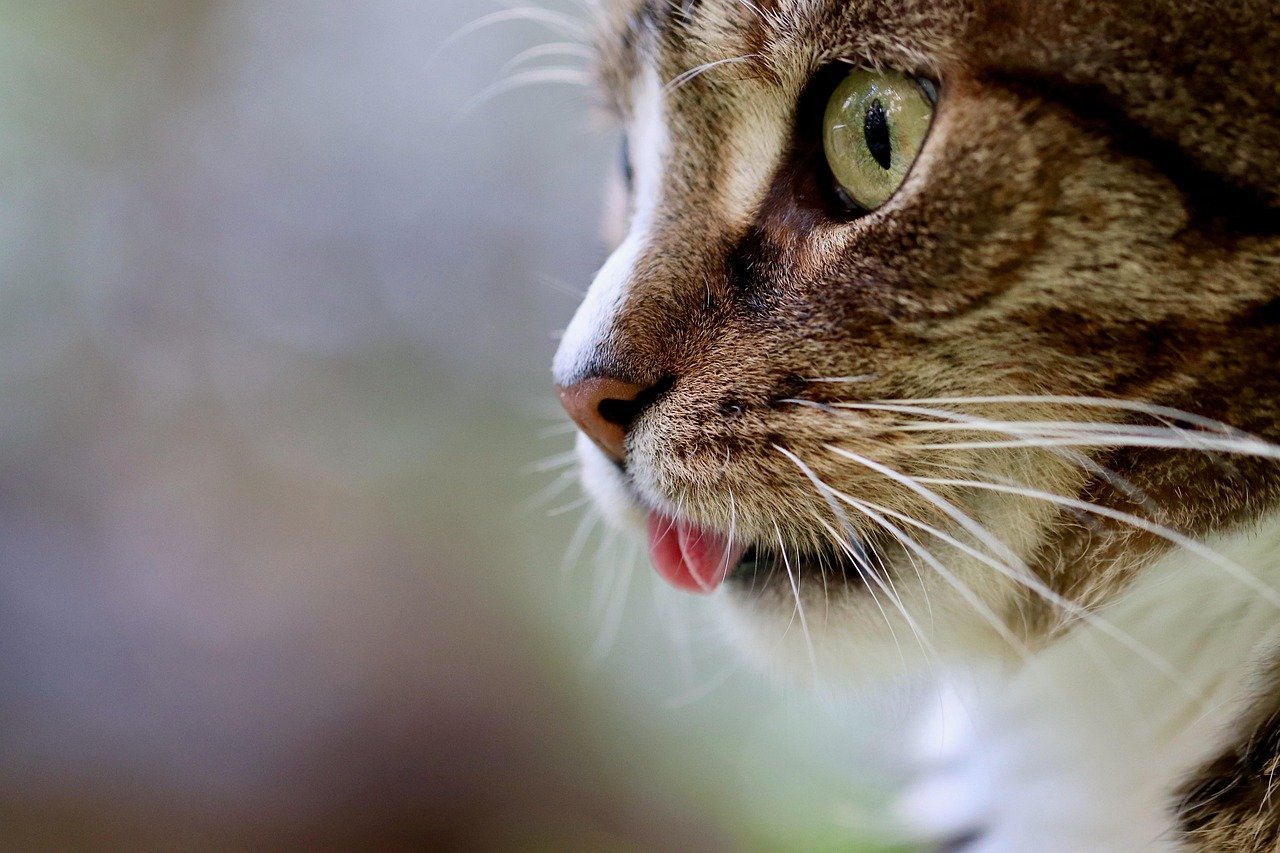
Cats who have experienced trauma—like abuse or abandonment—often show behaviors that hint at painful memories. They may flinch at sudden movements or hide from certain people. These responses are not just instinct; they’re rooted in past experiences. Many rescue cats need time, patience, and love to overcome these memories. Just like people, cats can carry emotional scars from their past. This shows that, while they may not dwell on memories, past events can shape their present behavior in powerful ways.
Do Cats Hold Grudges?

If you’ve ever accidentally stepped on your cat’s tail and found yourself ignored for hours afterward, you might wonder if your cat holds grudges. While cats don’t “hold grudges” in the human sense, they do remember negative experiences and may avoid repeating them. This isn’t so much spite as it is self-preservation. Your cat isn’t plotting revenge; she’s just making sure you don’t step on her tail again! Their memory helps them avoid pain and seek out comfort, which is a smart survival skill.
Happy Memories: Do Cats Remember the Good Times?

It’s not all doom and gloom—cats remember happy moments too! If you play a special game with your cat or give them a favorite treat, they’re likely to remember and expect it again. Some cats even recognize the sound of a can opener or a treat bag, sprinting into the kitchen with glee. These joyful reactions show that cats associate certain actions and sounds with positive experiences. While they may not “relive” happy memories the way humans do, they definitely remember what makes them happy.
The Role of Scent in Cat Memory
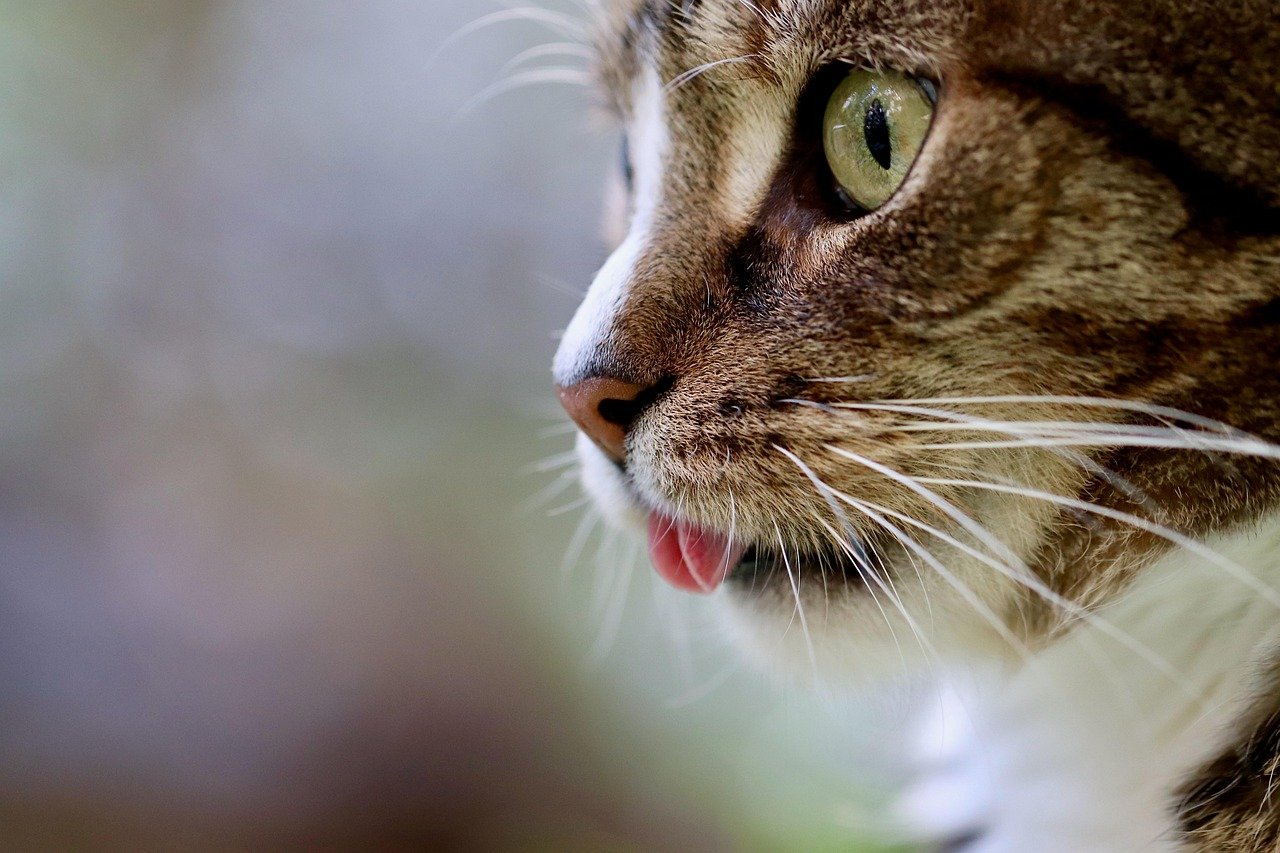
Cats experience the world through their noses as much as their eyes. Scent plays a huge role in helping cats remember people, places, and other animals. If you’ve ever noticed your cat sniffing your clothes or belongings, they’re reinforcing their memory of your scent. Cats use scent marking to create familiar, comforting environments. When they rub against furniture—or your legs—they’re leaving a little “memory marker” behind. Scent helps them navigate their world and remember what’s safe and familiar.
How Cats React to Old Friends
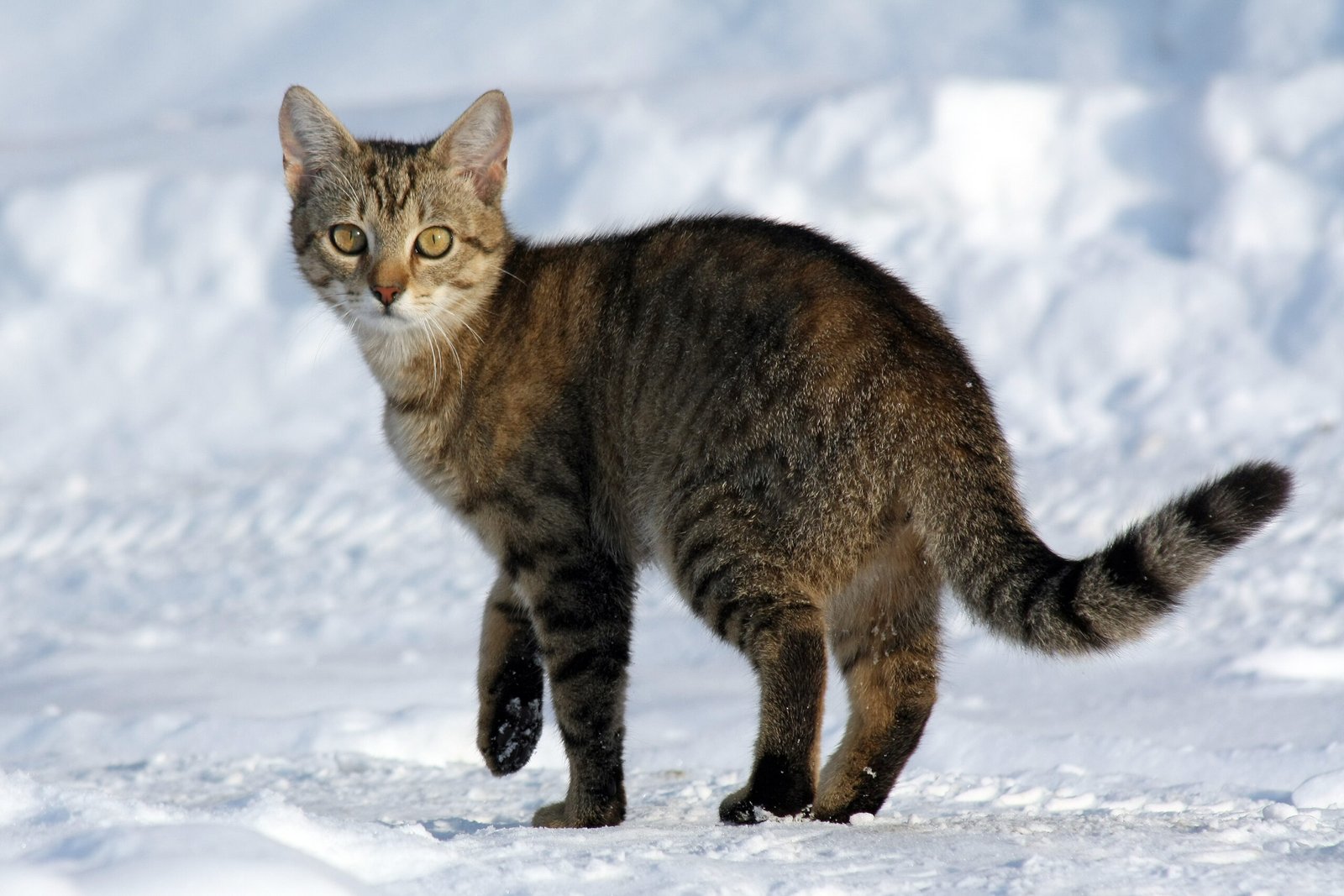
Have you ever seen a cat reunite with a long-lost feline friend? Sometimes, cats will greet each other as if no time has passed, while other times, they act like strangers. This can depend on the strength of their bond and the length of time apart. Cats who have grown up together or shared many experiences are more likely to remember each other. Their reactions can be heartwarming, with nose touches and gentle purrs, or sometimes a bit awkward, like bumping into an old classmate at the grocery store.
Recognizing Old Enemies
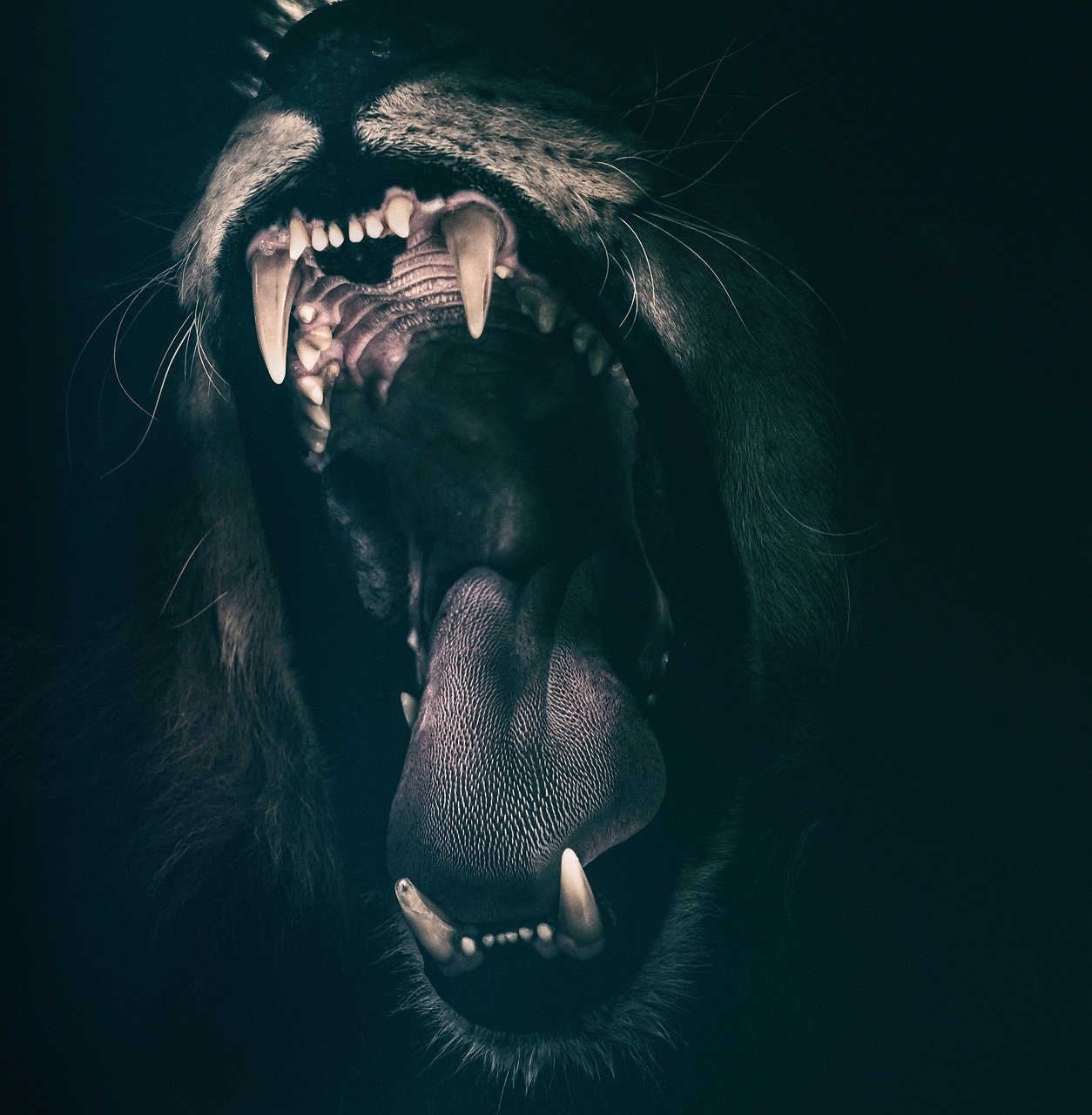
Cats are quick to remember adversaries as well. If a neighborhood cat once chased your pet off the porch, chances are your cat hasn’t forgotten. You might notice your cat becoming tense or defensive when that rival appears. This memory helps cats avoid confrontations and stay safe. Their ability to remember enemies is proof that not all memories are pleasant, but all are important for survival.
Learning From the Past: Cat Training

Training a cat can be a test of patience, but it’s possible thanks to their ability to remember. Cats quickly learn what earns them treats or praise—and what leads to a squirt from the water bottle. Positive reinforcement works well because cats remember what behaviors are rewarded. Over time, these memories create habits. This is why consistency is key when training a cat. They might not always seem interested, but make no mistake: They’re taking notes!
Do Cats Experience Regret?

It’s tempting to imagine our cats feeling guilty after knocking a glass off the counter, but do they really regret their actions? Most experts say probably not. While cats can remember negative consequences, they don’t seem to dwell on guilt or regret the way humans do. Instead, they learn which behaviors lead to scolding and which ones get ignored. Cats live mostly in the moment, adjusting their actions based on what’s worked—or not worked—in the past.
Daydreaming or Remembering?
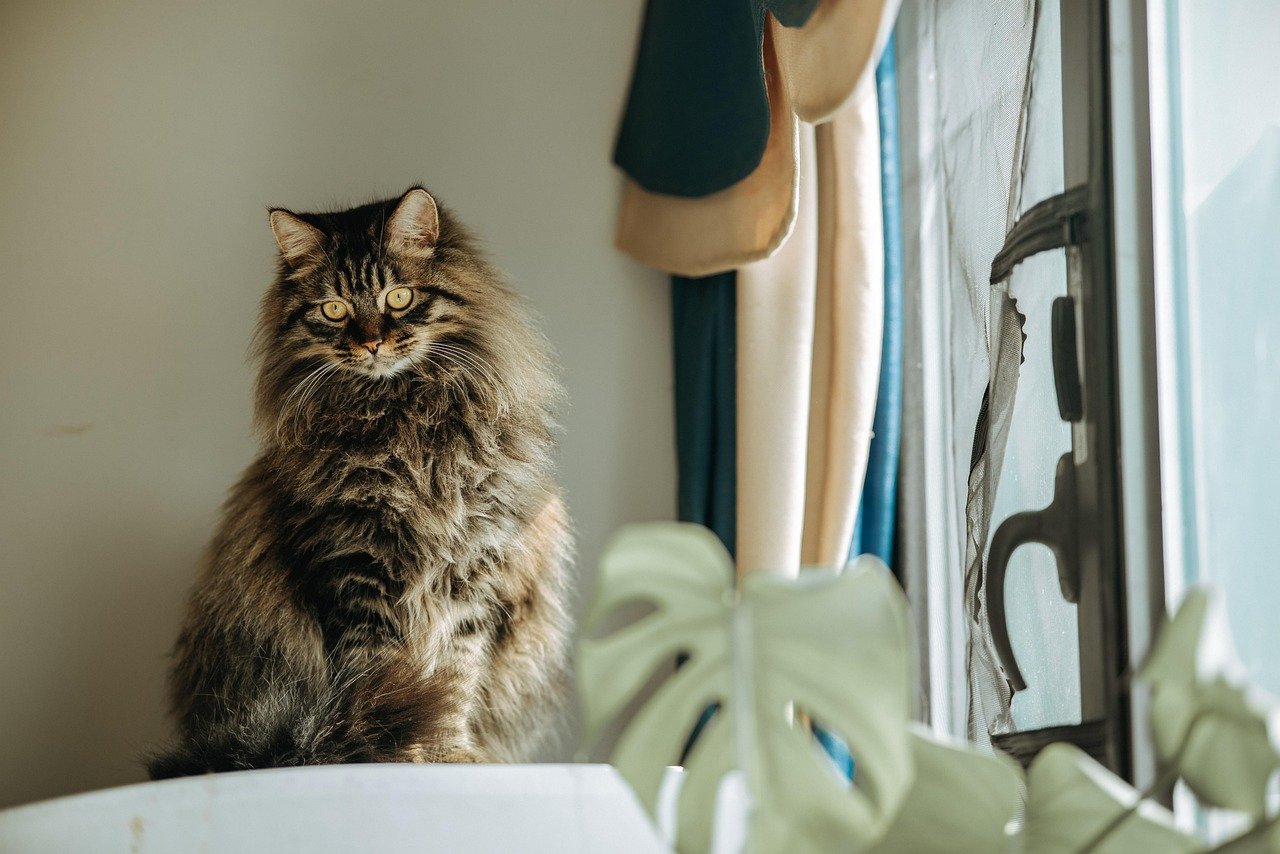
When your cat sits by the window, staring at the world outside, is she daydreaming or remembering? While we can’t know for sure, it’s fun to imagine. Cats likely spend this quiet time processing recent experiences and observations. Their brains might be sorting through memories, deciding what’s important to keep. Or maybe, just maybe, they’re replaying that epic leap onto the kitchen counter—reliving their glory days in a way only a cat can.
Signs Your Cat Remembers Something
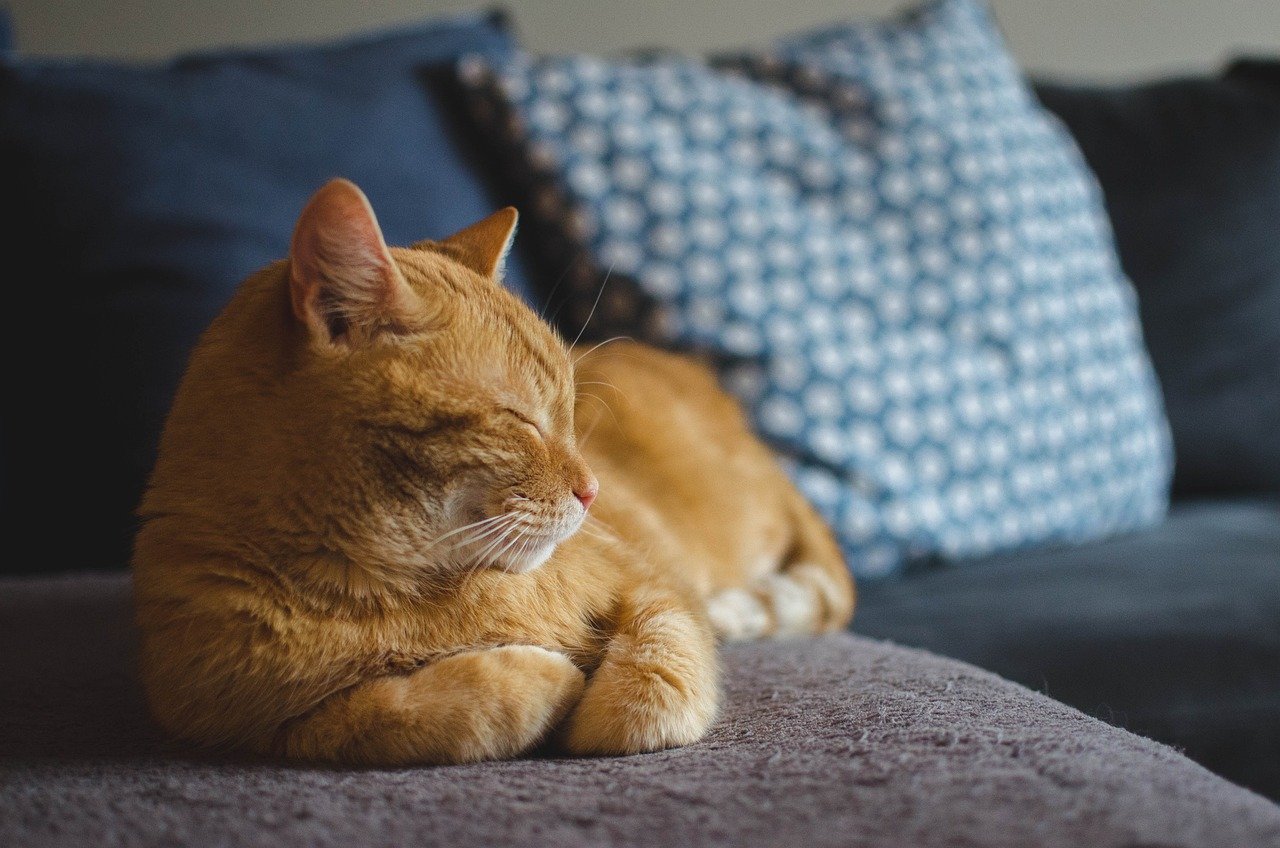
Sometimes, you can spot the moment your cat remembers something. Maybe they suddenly avoid a certain room, or bolt to the door at the sound of your car. Cats can also show recognition by purring, rubbing, or even meowing in a special way. These behaviors suggest that cats not only have memories, but also act on them in ways we can see. It’s these little moments that make us wonder just how deep a cat’s memories go.
The Impact of Routine on Cat Memory

Cats are creatures of habit, and routines help them feel secure. Daily rituals—like feeding times, play sessions, or bedtime snuggles—become anchors in a cat’s life. Cats remember these routines and often remind us if we forget! This reliance on routine shows how cats use memory to navigate their world. When routines are disrupted, some cats become anxious or withdrawn, proving just how important familiar patterns are to their sense of well-being.
Changes and Adaptation: Do Cats Remember Old Homes?
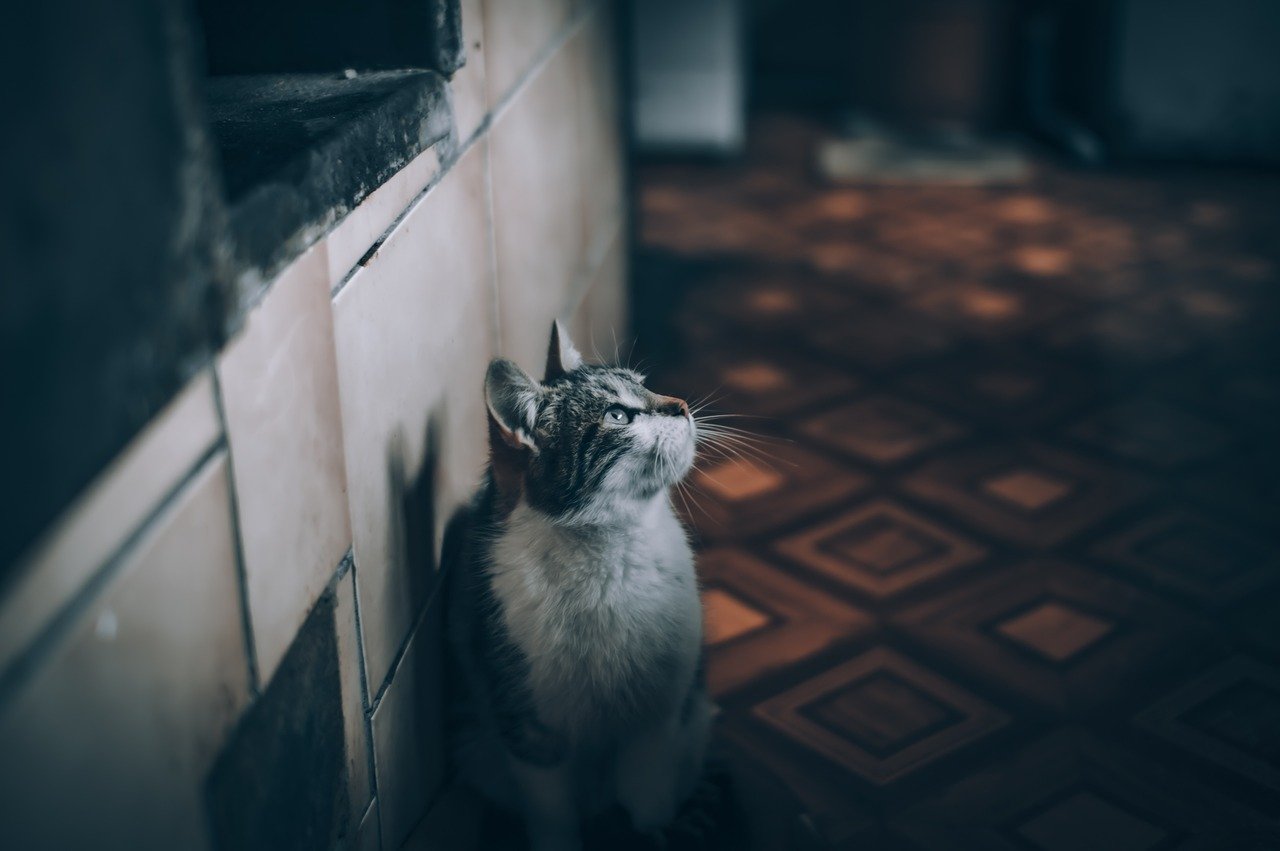
Moving to a new home can be stressful for a cat. Many cats search for familiar sights and smells, sometimes even trying to return to their old territory. This behavior suggests they remember their previous home and the routines they had there. Over time, most cats adapt, but the transition can reveal just how much the past matters to them. It’s a reminder that, while cats embrace the present, they don’t always forget where they came from.
Age and Memory in Senior Cats

Just like people, cats’ memories can change with age. Older cats may become forgetful, sometimes wandering or getting lost in familiar spaces. This can be heartbreaking, especially for owners who have shared years with their feline companion. However, many senior cats still remember their favorite people and routines. Keeping a stable environment and offering extra comfort helps older cats feel secure, even if their recall isn’t what it used to be.
Emotional Memory: Do Cats Remember How They Felt?
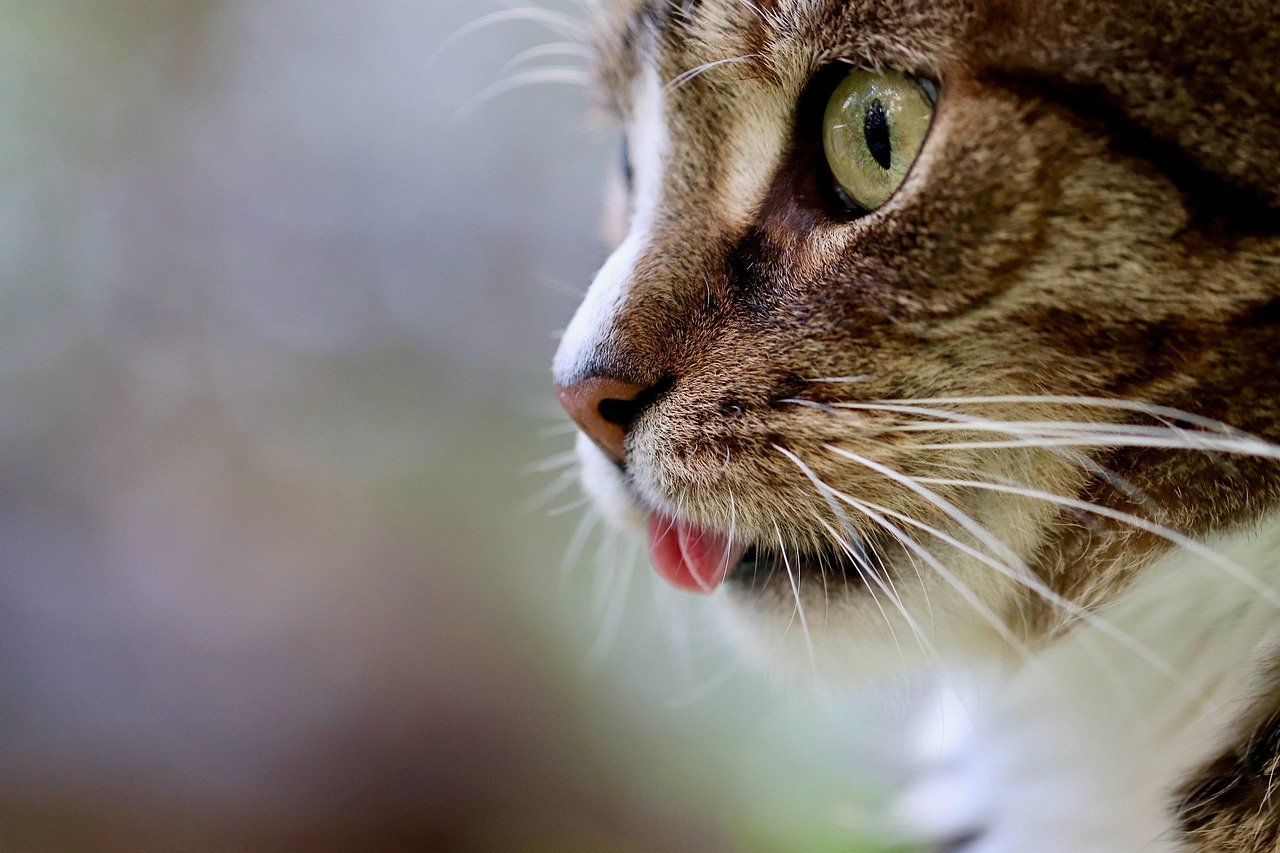
Beyond facts and faces, do cats remember emotions? Evidence suggests that cats can remember how certain people or experiences made them feel. If your cat snuggles up to you after a rough day, it could be that she remembers feeling safe with you before. Cats may avoid places or people that once frightened them, showing that emotional memory shapes their choices. These emotional connections are the heart of what makes living with cats so rewarding.
Can We Ever Know for Sure?

The truth is, we may never fully understand what cats think about the past. Their minds are wired differently from ours, and their memories may not play out like a movie reel. But every purr, head rub, and soulful gaze tells us that our feline friends remember more than we might think. Watching a cat grow and change over the years, it’s hard not to believe that somewhere, tucked away in their mysterious minds, are memories of all the days we’ve shared together.
Hi, I’m Bola, a passionate writer and creative strategist with a knack for crafting compelling content that educates, inspires, and connects. Over the years, I’ve honed my skills across various writing fields, including content creation, copywriting, online course development, and video scriptwriting.
When I’m not at my desk, you’ll find me exploring new ideas, reading books, or brainstorming creative ways to solve challenges. I believe that words have the power to transform, and I’m here to help you leverage that power for success.
Thanks for stopping by, Keep coming to this website to checkout new articles form me. You’d always love it!






